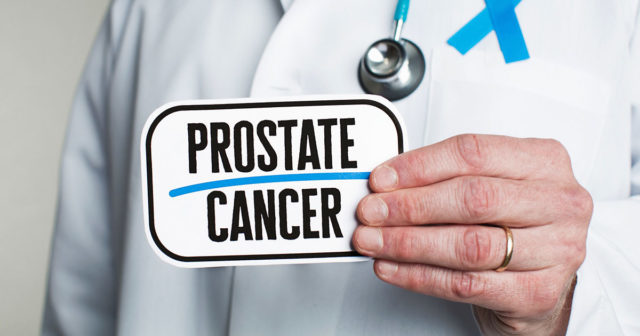Prostate cancer is cancer that occurs in the prostate. The prostate is a small walnut-shaped gland in males that produces the seminal fluid that nourishes and transports sperm.
Prostate cancer is one of the most frequent cancers. The majority of prostate cancers are slow-growing and affect only the prostate gland.
On the other hand, some types of prostate cancer are aggressive and spread quickly. Because prostate cancer is a slow-growing malignancy, it may go undiscovered for years. While no obvious indications or symptoms of the disease exist, numerous changes in hygiene habits may indicate it.
The prostate gland in males produces seminal fluid, which nourishes and transports sperm.
Keep an eye out for these indications when you’re in the bathroom. It’s worth noting that some symptoms could be the result of a temporary issue brought on by variables such as nutrition and lifestyle.
Symptoms:
Some of the most common warning flags that should not be ignored are an urgent desire to urinate, more frequent trips to the bathroom, a slow or stopped flow of urine, and a feeling of wanting to urinate even after you have finished. Prostate cancer can be detected by blood in the urine, sperm, bone discomfort, sudden weight loss, and erectile dysfunction.
Causes:
Doctors know that prostate cancer begins when cells in the prostate develop changes in their DNA. A cell’s DNA contains the instructions that tell a cell what to do. The changes tell the cells to grow and divide more rapidly than normal cells do. The abnormal cells continue living, when other cells would die.
The accumulating abnormal cells form a tumor that can grow to invade nearby tissue. In time, some abnormal cells can break away and spread (metastasize) to other parts of the body.
Risk Factor:
While the actual origin of prostate cancer is unknown, there are a number of risk factors that can raise your risk of having it. Your risks of acquiring prostate cancer increase after the age of 50. Your risk of prostate cancer may be enhanced if you have a family member with prostate cancer, such as a parent, sibling, or child. Obese people may have a higher risk of prostate cancer than people who keep their weight in check.
Treatment:
Whether you can prevent prostate cancer through diet has yet to be conclusively proved. But eating a healthy diet with a variety of fruits and vegetables can improve your overall health.
No studies have shown that supplements play a role in reducing your risk of prostate cancer. Instead, choose foods that are rich in vitamins and minerals so that you can maintain healthy levels of vitamins in your body.
Exercise improves your overall health, helps you maintain your weight and improves your mood. Try to exercise most days of the week. If you’re new to exercise, start slow and work your way up to more exercise time each day.
If you have a very high risk of prostate cancer, you and your doctor may consider medications or other treatments to reduce the risk. Some studies suggest that taking 5-alpha reductase inhibitors, including finasteride (Propecia, Proscar) and dutasteride (Avodart), may reduce the overall risk of developing prostate cancer. These drugs are used to control prostate gland enlargement and hair loss.




 Kalinga AI
Kalinga AI